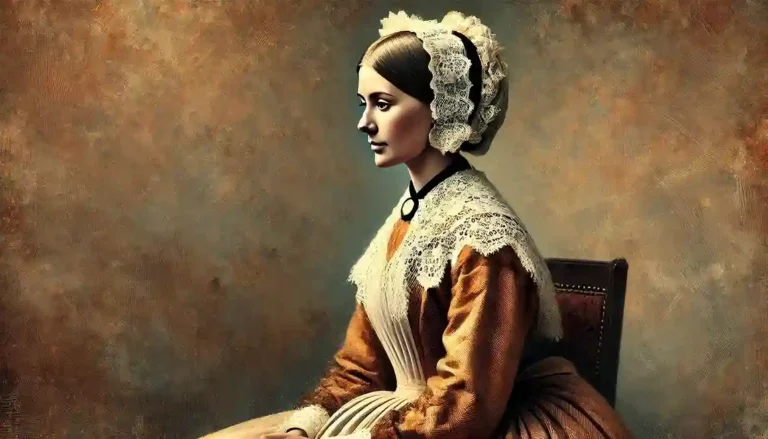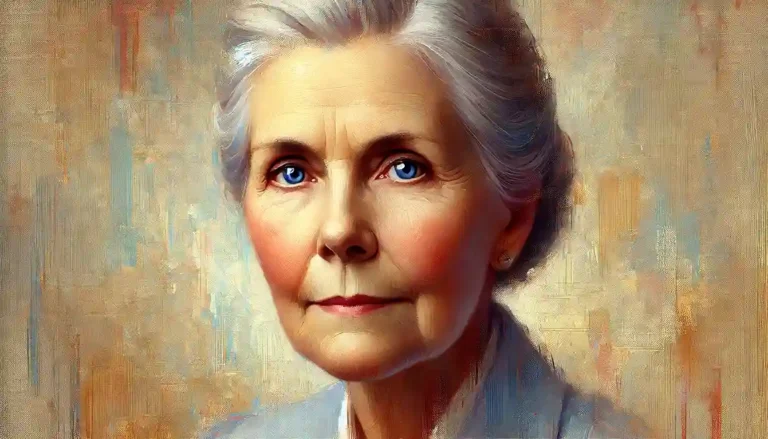Judith Wrubel, a distinguished nurse theorist and researcher, is best known for her collaboration with Patricia Benner in developing the Primacy of Caring Model.
This influential model emphasizes the importance of caring as the essence of nursing, recognizing that nurses develop expertise through experience and interpersonal connections with patients.
Wrubel’s contributions have profoundly shaped clinical nursing practice, patient-centered care, and the development of professional expertise.
In this article, we cover Judith Wrubel’s life, achievements, philosophy, and lasting impact on modern nursing.
Quick Summary
- Co-developed the Primacy of Caring Model, which highlights the role of caring, experience, and context in nursing expertise.
- Worked closely with Patricia Benner to integrate holistic, patient-centered care approaches.
- Advocated for the importance of relational experiences in nursing development.
- Published influential works on nursing theory, experiential learning, and caring science.
- Recognized for her contributions to humanistic nursing and the understanding of professional expertise.
Early Life and Background of Judith Wrubel
Birth and Family Background of Judith Wrubel
- Judith Wrubel was born in the United States and raised in an environment that valued education, empathy, and community service.
- Her early experiences shaped her interest in nursing, psychology, and the emotional dimensions of patient care.
Education and Early Influences in Wrubel’s Life
- Wrubel pursued a Bachelor’s, Master’s, and Doctorate in Nursing, with a strong focus on nursing theory, clinical practice, and psychology.
- She was deeply influenced by phenomenology and existential philosophy, which shaped her holistic approach to patient care.
- Inspired by Patricia Benner’s work on clinical expertise, she collaborated with Benner to develop a model that prioritizes caring as a foundational nursing practice.
Judith Wrubel’s Philosophy and Vision for Nursing
- Wrubel believed that caring is the core of nursing practice and that nurses gain expertise through experience and meaningful patient interactions.
- Her vision emphasized contextual, experiential learning, recognizing that nursing is more than just technical skills—it involves deep human connection.
- Famous quote: “Nursing expertise is not just about performing tasks—it’s about understanding, relating, and caring.”
Judith Wrubel’s Education and Early Nursing Career
Formal Education and Nursing Training of Judith Wrubel
- Wrubel’s academic training combined nursing, psychology, and education, providing her with a comprehensive understanding of humanistic nursing.
- She developed a passion for exploring the role of emotions and relationships in nursing practice.
Early Professional Experiences in Wrubel’s Career
- Wrubel worked as a clinical nurse, educator, and researcher, focusing on how nurses develop expertise through experience.
- Her collaboration with Patricia Benner led to groundbreaking research on caring, professional growth, and the lived experiences of nurses.
Key Achievements and Contributions of Judith Wrubel
Co-Development of the Primacy of Caring Model
- The Primacy of Caring Model suggests that:
- Caring is central to nursing practice and professional growth.
- Experience and reflection shape nursing expertise over time.
- Patient relationships provide valuable learning opportunities.
- Nurses should approach care holistically, considering emotional, psychological, and social aspects.
- This model is widely used in nursing education, patient-centered care, and leadership training.
Contributions to Nursing Education and Curriculum Development
- Wrubel’s work has shaped nursing curricula, emphasizing caring and experiential learning as essential components of professional development.
- She developed teaching strategies that encourage self-reflection, mentorship, and real-world clinical experiences.
Research and Theoretical Advancements
- Wrubel’s research validated the impact of emotional intelligence, caring, and relational experience on nursing competence.
- Her studies demonstrated how nurses evolve from novices to experts through contextual learning.
Global Impact and Recognition
- The Primacy of Caring Model has been adopted worldwide in nursing education, leadership training, and patient-centered care programs.
- Wrubel has received numerous honors for her contributions to humanistic nursing and experiential learning research.
Overview of Judith Wrubel’s Primacy of Caring Model
- The model provides a framework for understanding how nurses develop expertise through caring interactions.
- By prioritizing relationships and holistic well-being, it helps nurses build meaningful patient connections and refine their clinical judgment.
Notable Publications by Judith Wrubel
- The Primacy of Caring: Stress and Coping in Health and Illness – Co-authored with Patricia Benner, this book explores the role of caring in nursing practice.
- Novice to Expert: Excellence and Power in Clinical Nursing Practice – Research on how nurses gain expertise through hands-on experience.
- Numerous articles on caring science, humanistic nursing, and the development of professional competence.
Challenges and Criticisms of Judith Wrubel’s Work
Challenges in Implementing the Model in High-Pressure Clinical Settings
- Some critics argue that fast-paced healthcare environments make it difficult to emphasize caring relationships.
- Wrubel emphasized that caring should not be seen as an extra task but as an integral part of nursing practice.
Criticism of the Model’s Subjectivity
- Some scholars believe that caring science lacks quantitative measures for assessing its impact.
- However, Wrubel and Benner argue that qualitative insights into nursing experiences are equally valuable.
Timeline of Major Milestones in Judith Wrubel’s Life
- 1950s: Born in the United States.
- 1970s: Completed nursing education and began her clinical career.
- 1980s: Partnered with Patricia Benner to develop the Primacy of Caring Model.
- 1990s-2000s: Published influential works on caring, experience, and nursing expertise.
- Present: Continues to contribute to nursing education and research.
Legacy and Lasting Impact of Judith Wrubel
Impact on Nursing Practice and Patient Care
- Wrubel’s work has transformed nursing education, mentorship, and patient-centered care.
Global Influence and Recognitions
- Her collaborative work with Patricia Benner has been widely adopted in nursing schools and healthcare organizations worldwide.
- Wrubel has been honored for her role in shaping modern nursing theory and education.
Final Years and Ongoing Work of Judith Wrubel
- Wrubel continues to mentor and conduct research on caring in nursing practice.
- Her contributions remain foundational in understanding the human side of nursing expertise.
Conclusion
Judith Wrubel’s Primacy of Caring Model, developed in collaboration with Patricia Benner, has transformed nursing by emphasizing the role of caring and experiential learning.
Her work continues to inspire compassionate, patient-centered nursing practice worldwide.



